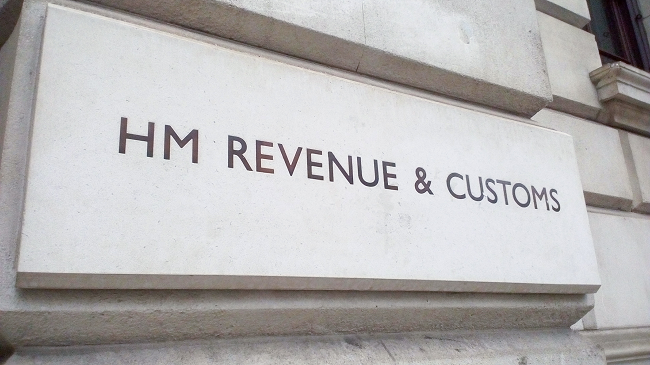
The current process for reviewing export controls and licensing requires “fundamental changes”, as procedural issues and “slow and inconsistent” government engagement are hampering review efforts, according to three parliamentary committees.
The committees for business and trade, foreign affairs and international development committees published their first Joint Special Report of 2023-2024 yesterday (24 January), calling for changes to the way that Parliament scrutinises how the export licensing control system is managed.
Three of four committees?
The three committees, along with the defence committee, have worked together since 1999 on the Committees on Arms Export Controls (CAEC).
The report said that the structure of the CAEC was creating problems for the scrutiny process, as it relies on having representation from all four committees, requiring more members in attendance than other committees.
Without having eight members present to hear evidence, or 12 to issue reports, meetings are often delayed, curtailed or cancelled.
The committee also previously complained that it could not get government ministers to turn up to meetings, noting the impact that this was having on the scrutiny process.
Frustration
The report stated that the government has “fallen short” on engaging with the work of the CAEC.
“Our sense is that government departments and their ministers—particularly those holding cabinet rank—attach greater priority to being accountable to their individual departmental select committees.”
Sam Hodgkins, trade and customs specialist at the Institute of Export & International Trade (IOE&IT), said:
“It is interesting to note that the CAEC seems just as frustrated with certain aspects of the review process as many of us in the export controls community.
“Many of us have been concerned about the dangers of dual-use exports and intangible transfers. These seem to be the last gap, in terms of export controls, and more clarity is needed on these quite difficult areas of industry."
Future
As part of the ‘future’ model for scrutiny, the report recommends that the CAEC is disbanded and one of the four parliamentary committees would take the lead.
Currently, the business and trade committee has responsibility for keeping an eye on the activities of the Export Joint Control Unit (ECJU). As such, the report recommended that this committee takes core responsibility for scrutiny.
However, John Spellar, chair of the defence committee, issued a letter before the publication of the report, saying that his committee disagreed with the conclusions of the report. He maintained that the CAEC model “balanced the different perspectives” of all four committees and made sure that no one point of view was dominant.
Brinley Salzmann, overseas and exports director at ADS, explained that the report reflected the CAEC reviewing its role and the practical problems it’s experienced since its creation.
“Before 1999, a lot of different committees examined various parts of export controls. The CAEC was initially intended to bring everything together under one roof and help the scrutiny process.
“It remains to be seen how effective the new system, if accepted, will prove to be in practice.”
Vital process
The report also notes that export controls scrutiny will become “even more vital in the near future”. It pointed to the UK-US Atlantic Declaration, signed by US president Joe Biden and UK prime minister Rishi Sunak in June last year, which contained wording to the effect that technology protection tools need updating to reflect the changing geostrategic and technology environment.
Export controls are envisioned as one of these tools, preventing sensitive and dual-use emerging technologies, along with other export-controlled commodities and technologies, from being leaked.



